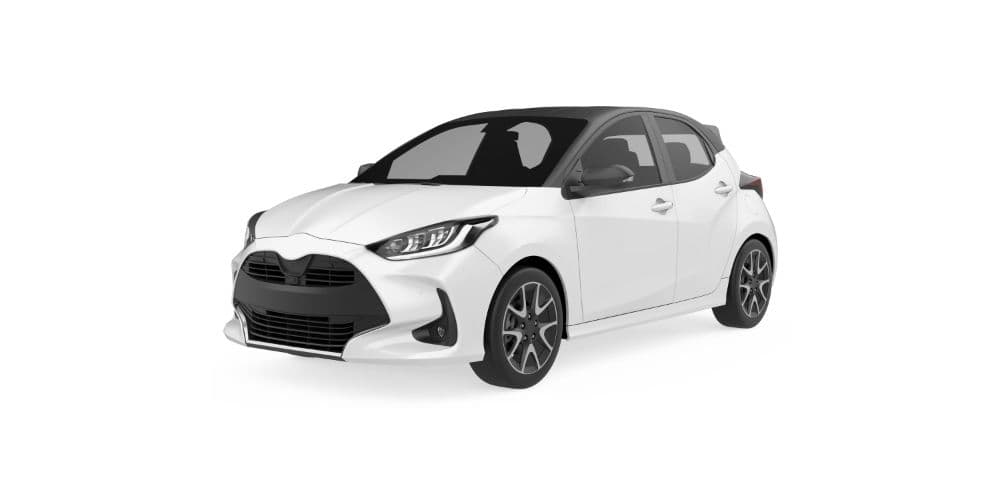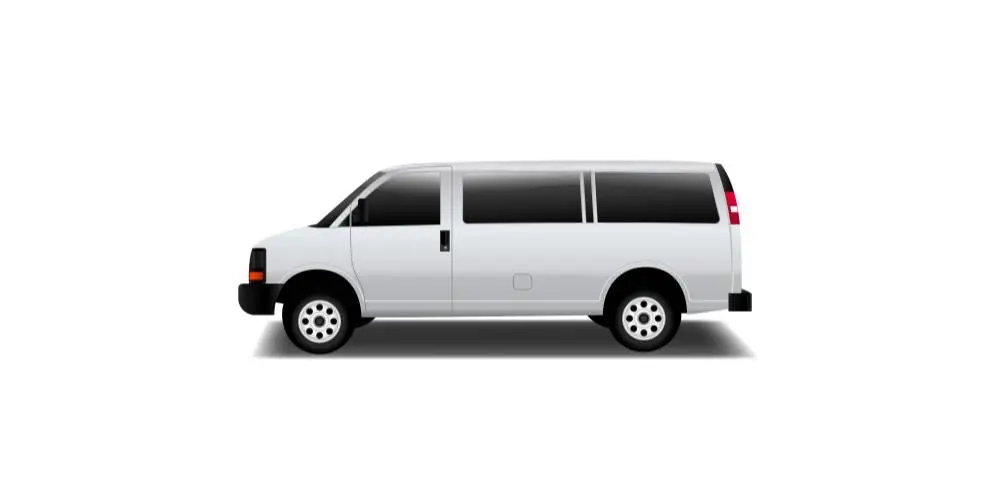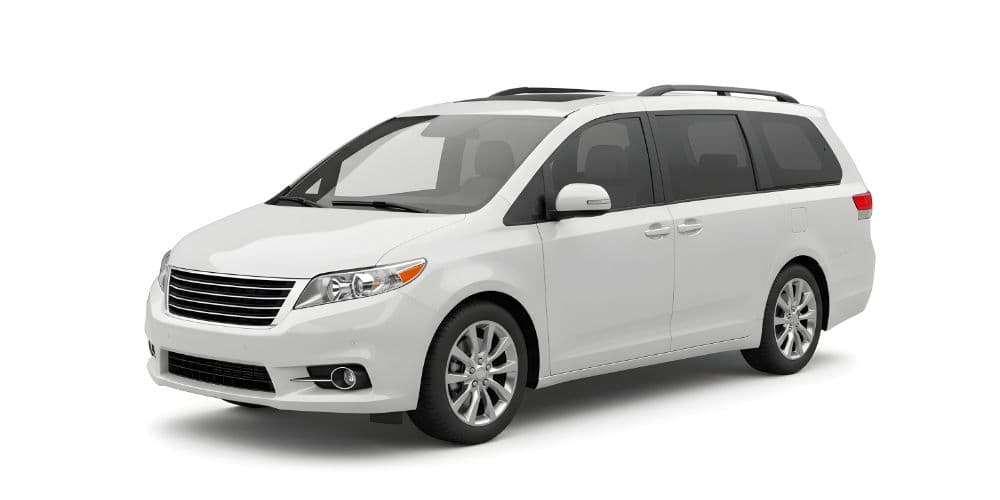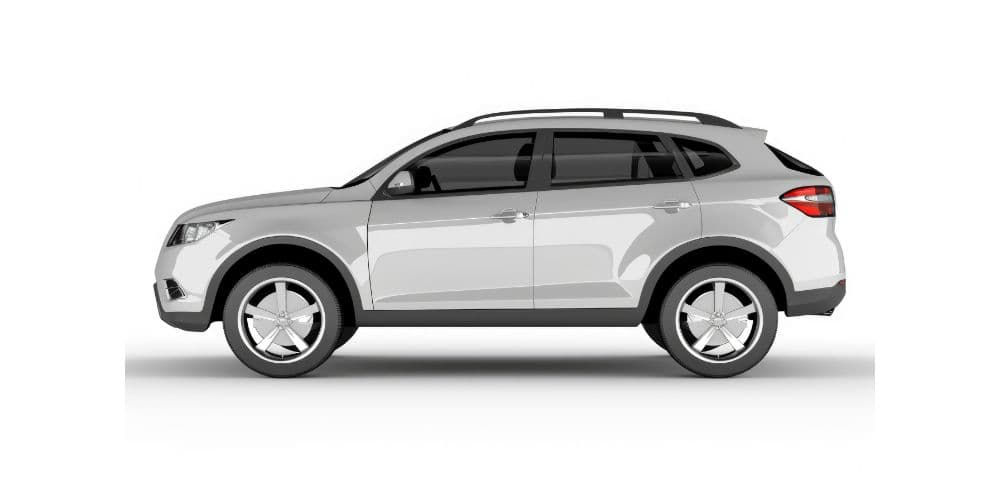
Collision Damage Waiver (CDW) for Rental Cars: Is It Worth It?
Introduction: When renting a car, you’ll inevitably face the question, “Do you want to purchase the collision damage waiver?” It’s often presented alongside other insurance options. The Collision Damage Waiver (CDW) sometimes called a Loss Damage Waiver (LDW) can be one of the priciest add-ons at the counter, and it often confuses renters. Is it insurance? What does it actually cover? And most importantly, do you need to buy it? In this article, we’ll demystify what a CDW is, explain what it covers (and doesn’t), and help you decide whether it’s worth it for you.
What is a Collision Damage Waiver?
A Collision Damage Waiver is essentially an agreement that the rental company will waive its right to make you pay for damage to the rental car, as long as you abide by the rental contract. In practical terms, if you have a CDW and you accidentally dent the car or get into a fender-bender, you can return the car and not have to pay for the repairs (with a few exceptions for negligence or prohibited uses).
Important points about CDW:
- Not True “Insurance”: CDW is not actually insurance; it’s a contractual waiver. That means it’s not regulated like insurance. It’s basically the rental company saying, “If you buy this, we won’t charge you for damage to our car.” It typically covers up to the full value of the vehicle for collision or theft. It also usually covers “loss of use” (the rental company’s lost income while the car is in repair) and related fees, which personal insurance often doesn’t.
- Covers Vehicle Damage/Theft: As the name suggests, a CDW covers collision damage to the rental car and often theft if the car is stolen. If the car ends up scratched, crashed, or totaled, the CDW ensures you won’t have to pay for those damages. Think of it as damage protection for the car itself.
- No Liability Coverage: CDW does not include liability coverage. If you cause an accident that injures others or damages other property, you still need liability insurance (either via your personal policy or the rental’s supplemental liability option). CDW strictly deals with the rental car’s damage.
- Cost: CDW can be expensive often around $30 a day, sometimes even up to $40 a day for higher-end cars. This can sometimes double the base rate of the rental car itself. Prices vary by location and vehicle but expect a significant extra charge per day for this protection.
In short, CDW/LDW is peace-of-mind protection for the rental vehicle. If you have it, you can usually walk away from any new scratch or accident without owing the rental company, as long as you weren’t engaging in something voiding the waiver (like drunk driving or off-roading, which would negate it).
Do You Need to Buy the CDW?
The decision to purchase a CDW comes down to what other coverage you have and your risk tolerance. Here are factors to consider:
- Your Personal Auto Insurance: If you have a personal auto policy with collision and comprehensive coverage, it often will cover damage to a rental car (see our earlier article on personal insurance and rentals). That means if the rental car is damaged, you can claim it on your own insurance. However, you would still have to pay your deductible and you might face a premium increase later. Plus, as mentioned, your policy might not cover certain fees (like loss of use). If you’re comfortable using your own insurance, you might decline the CDW and rely on it, accepting the risk of the deductible and potential rate hike. If you don’t have collision coverage on your own car (e.g., you drive an old car and only carry liability), then you have no coverage for the rental’s damage in that case, either the CDW or some alternative is highly recommended.
- Credit Card Coverage: Many credit cards provide CDW coverage as a benefit if you use the card to pay for the rental and decline the rental company’s CDW. This coverage is usually secondary (meaning it kicks in after any personal insurance) but some cards offer primary coverage, which would pay out without involving your insurer. Credit card CDW typically covers collision damage/theft to the rental car up to a certain limit (often $50,000 or so, which is fine for most cars). It’s usually at no extra cost. However, be sure to read the terms: there are exclusions (e.g., it might not cover luxury cars, trucks, or rentals beyond 15 days, etc.), and it may not cover loss of use or administrative fees. Also, credit card coverage generally doesn’t cover liability or injuries. If you have a good credit card with primary rental coverage, you can feel more comfortable declining the CDW, knowing your card will cover the car damage. Check your card’s guide to benefits or call them before your trip to confirm coverage details.
- Travel Insurance or Other Policies: Some travel insurance plans or third-party insurers offer standalone rental car damage coverage for much cheaper than the rental company’s CDW. For example, you might purchase a policy for $10/day from a third party that covers the rental car’s damage up to $100,000. If you arranged something like that, you could skip the CDW. Additionally, in some countries, basic CDW might be included in the rental rate by law (with an excess/deductible), and you’re deciding on whether to buy “super CDW” to reduce the deductible to zero.
- Risk and Peace of Mind: If you want a completely hassle-free experience, CDW provides that. If the car gets damaged, you simply hand in the keys and go on your way. No dealing with insurance claims, no waiting for repairs, no charges (in theory again, assuming standard incidents). Some people value that peace on vacation. On the flip side, if you’re a careful driver in a low-risk area, you might find the chance of damage is low and prefer to save the money.
- Where You’re Driving: Consider the driving environment. Driving in a foreign country with chaotic traffic? Parking in tight, busy cities? That might increase the risk of dings or accidents, tilting more toward getting CDW. If you’re mostly on open highways or rural areas, risk is lower. Also, if you’ll be the only one driving vs. sharing with less experienced drivers, etc., consider those factors.
- Rental Car Value: Renting a nice SUV or luxury car? The stakes are higher if something happens (repair costs higher, or theft risk). CDW might be more compelling there. Renting a cheap compact? The potential cost is less, and some credit cards cover up to the full value of typical cars so using your card coverage could suffice.
- Financial Capability: Ask yourself, if the rental car were damaged or stolen, could you comfortably front $500 or $1,000 (deductible) or even more temporarily? If yes, you might skip CDW and use insurance/credit card. If not, CDW buys you that financial protection at a known daily cost.
Example Scenario: Suppose you decline CDW. You have a $500 deductible on your auto policy. Unfortunately, you scrape the side of the rental on a pole, causing $1,500 damage. You return the car; the rental company charges your credit card $1,500. You then claim it on your insurance; they reimburse say $1,000 after your $500 deductible. You’re out $500, and maybe your premium goes up next renewal. If you had the CDW, you’d have paid maybe $30/day (say $150 for a 5-day rental), but walked away without paying $1,500 or dealing with claims. This illustrates the trade-off: pay a fixed cost (CDW fee) to eliminate risk of a larger variable cost.
The Bottom Line
CDW is essentially optional damage protection. You do not have to buy it if you have other means to cover the car. Many renters successfully decline it and rely on personal insurance or credit cards. However, don’t automatically dismiss it consider your situation. A good rule of thumb: If you’re not fully sure you’re covered otherwise, or you just want zero headache, it can be worth it. On the other hand, if you’re confident in your coverage (and willing to handle a claim if needed), those $30-a-day charges can add up, and you might save a lot by skipping the CDW over a long trip.
One more thing: if you do decide to buy CDW, you might not need the redundant coverage from elsewhere. For instance, if your credit card offers coverage, it only works if you decline the rental’s CDW. So don’t pay for both inadvertently.
Still unsure about CDW for your rental? At Airport Van Rental, we make protecting your vehicle simple and worry-free. Just select Damage Waiver powered by RentalCover during checkout, it's quick and easy. With CDW, you'll enjoy peace of mind knowing you're fully covered against unexpected damage. Rent confidently and hit the road stress-free!
Our Most Popular Vehicles
Frequently Asked Questions
a Collision Damage Waiver (CDW), also called a Loss Damage Waiver (LDW), covers the rental vehicle against damage or theft during your rental period. With CDW, you won’t be responsible for the costs of repairing the vehicle, including common rental company charges like "loss of use" fees (money lost by the rental company while the car is under repair).
if your personal auto insurance policy includes comprehensive and collision coverage, it typically extends to rental cars. However, you may still have to pay your policy's deductible and might face premium increases after a claim. Additionally, your personal insurance often won't cover the rental company's "loss of use" fees. Evaluate these factors when deciding if CDW is worth buying.
many premium credit cards (e.g., Chase Sapphire Preferred, American Express Platinum, Capital One Venture) offer CDW coverage at no extra cost if you decline the rental company’s CDW and pay with that card. This coverage typically includes collision and theft damage to the rental vehicle but usually doesn't cover liability, injuries, or high-end vehicles. Always verify your card's specific terms before declining CDW.



